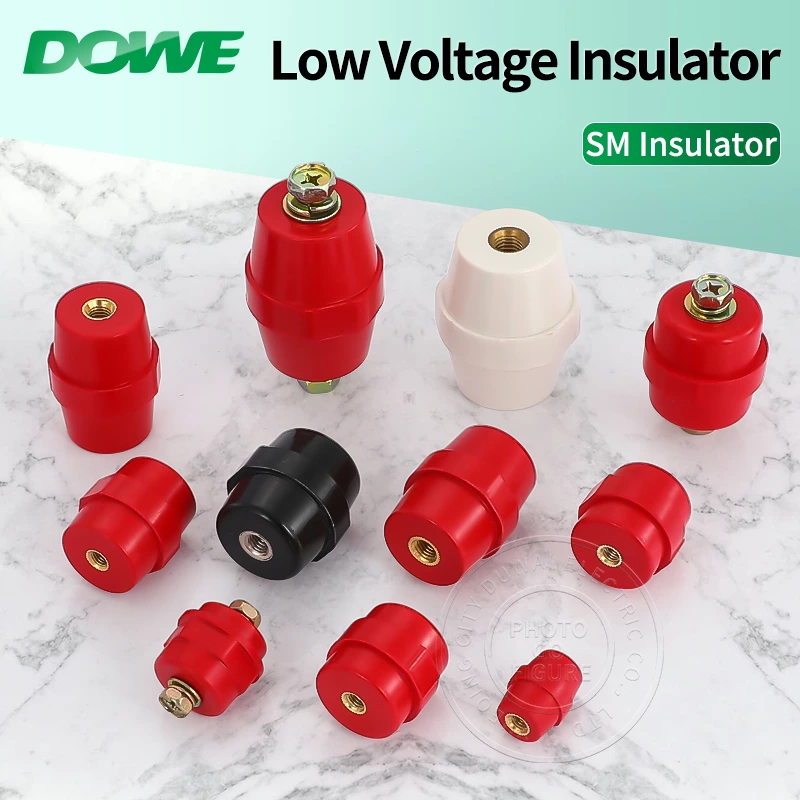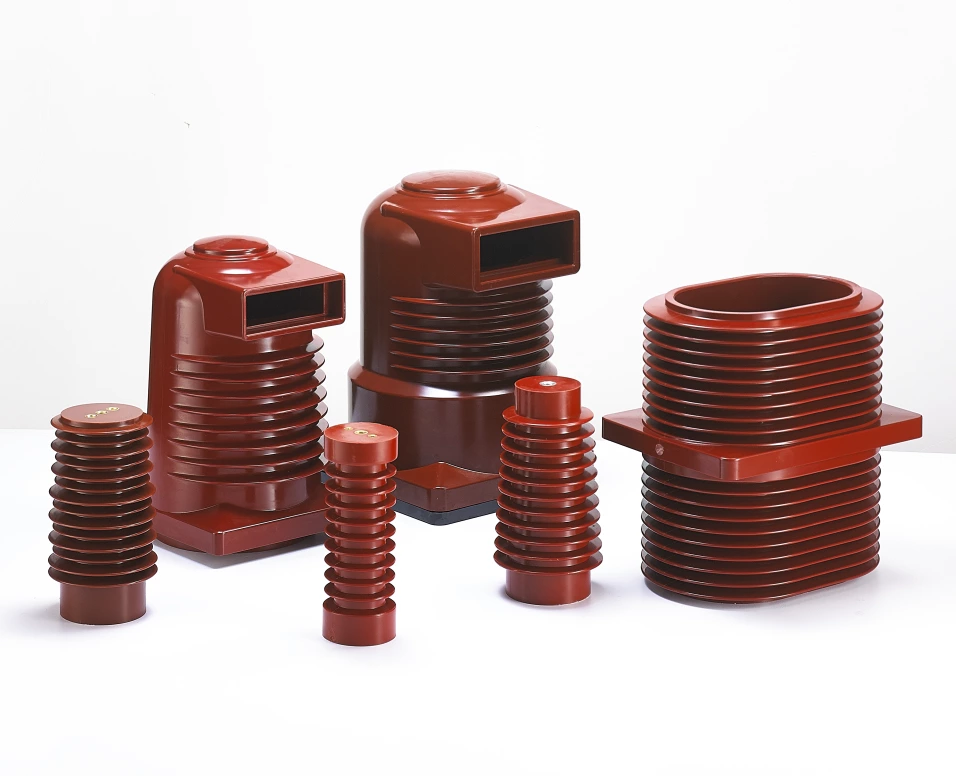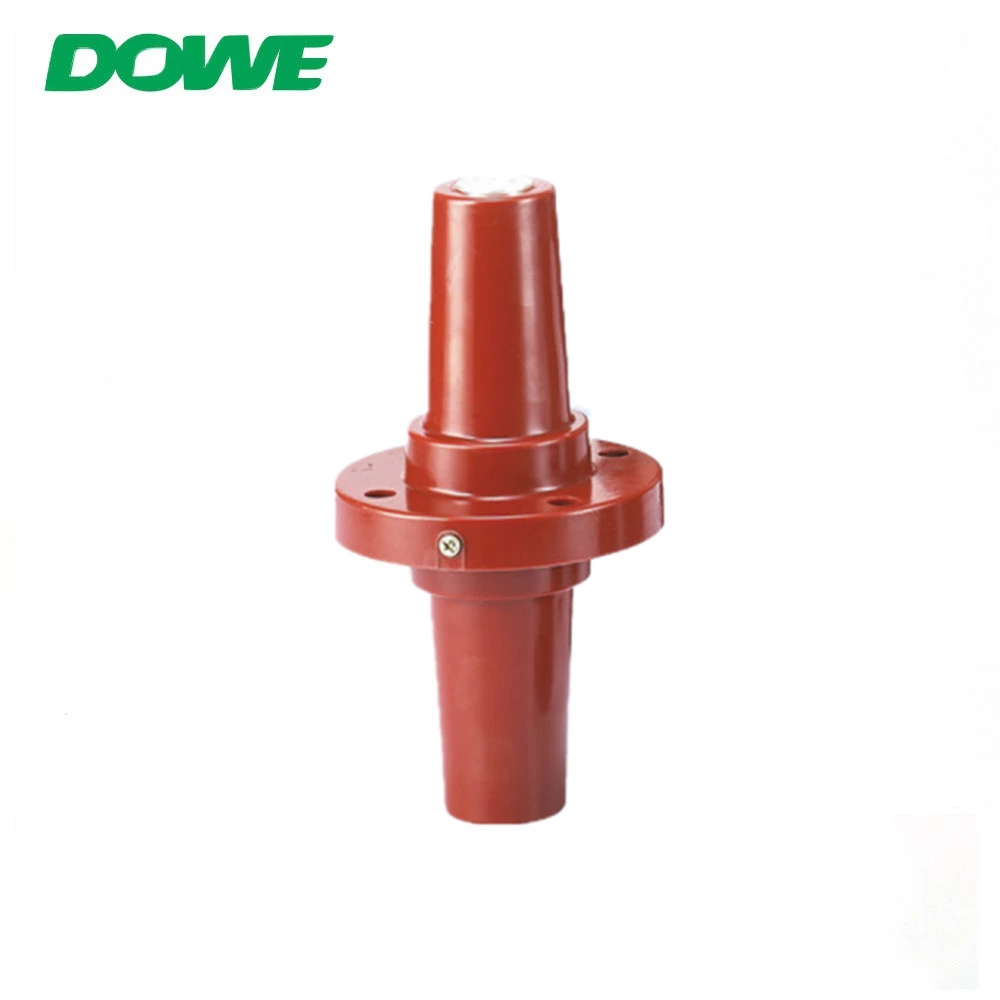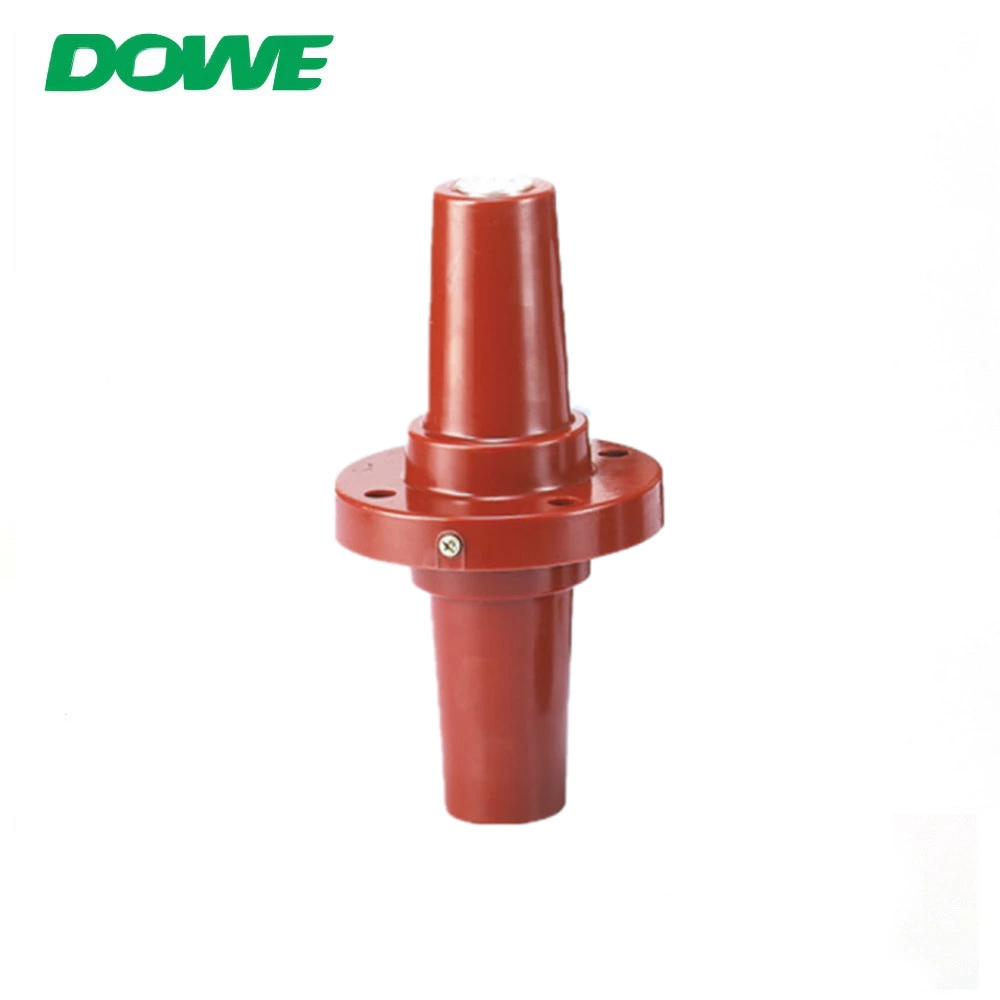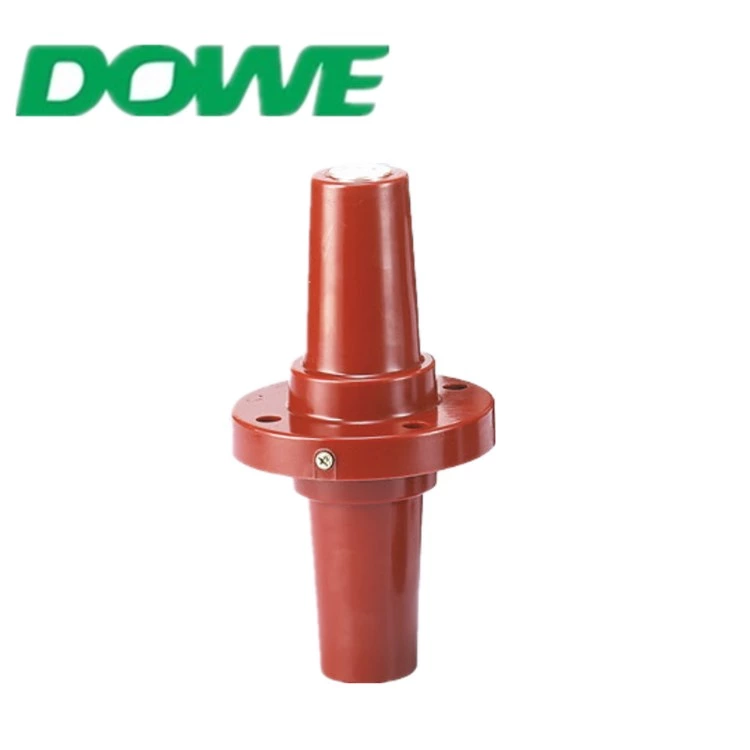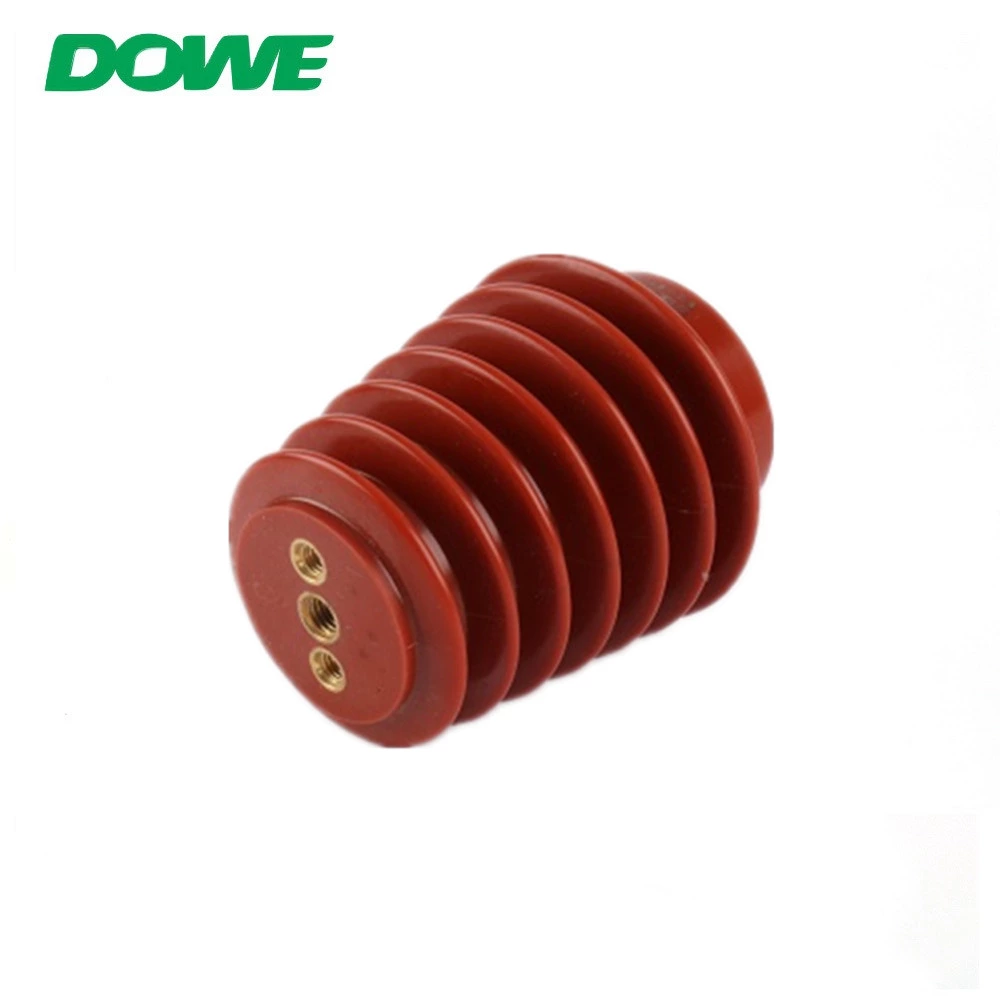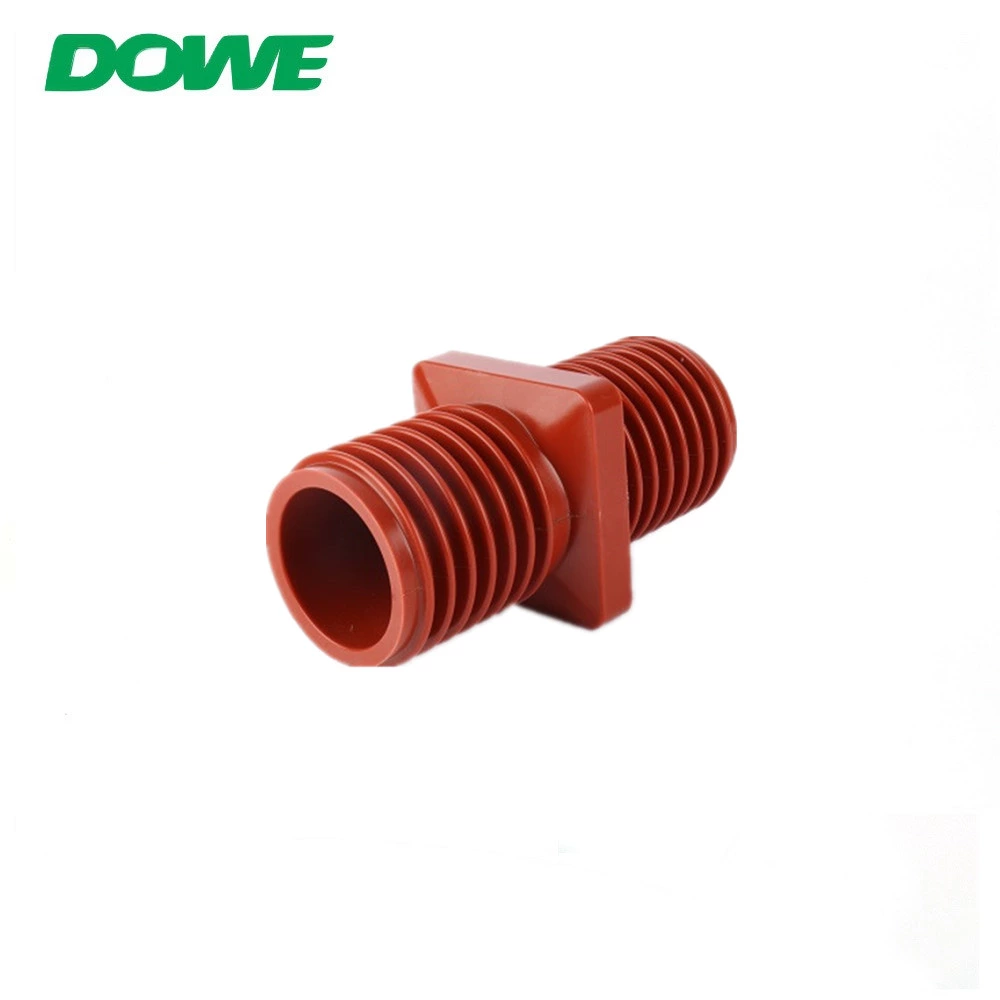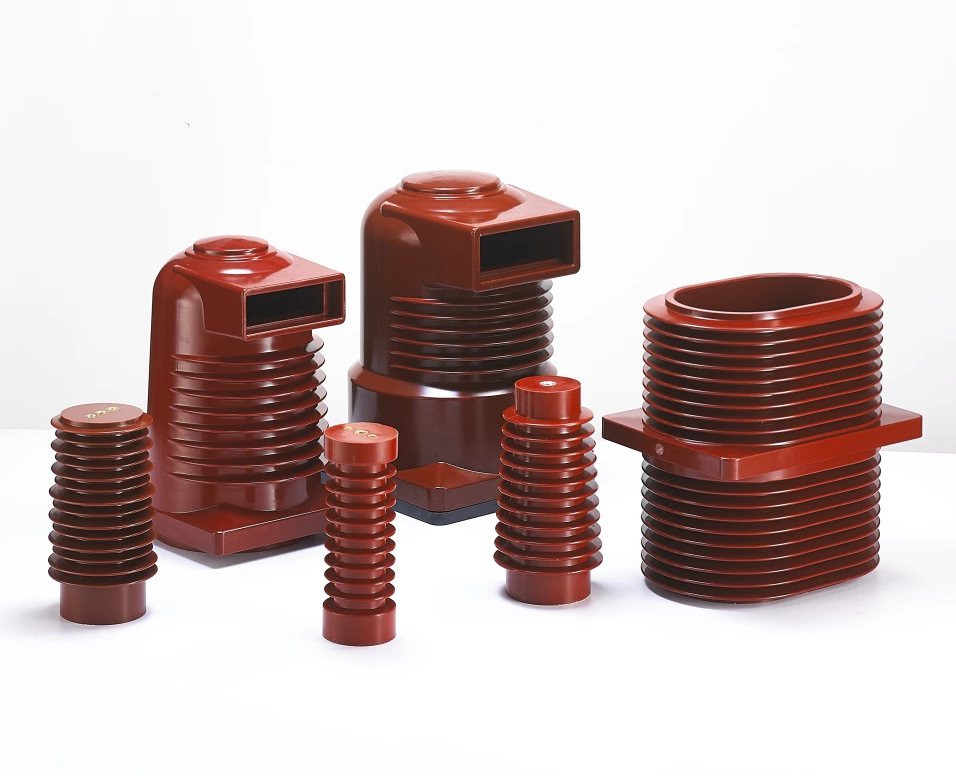How to Read Busbar Insulator Specifications and Understand Their Impact?
When selecting busbar insulators1, understanding their specifications is crucial. Choosing the right specifications ensures system stability and safety.
Reading busbar insulator specifications helps you select the product that best fits your needs, enhancing system performance.
Let me share a story about selecting the right insulator to help you better understand this process.
Table of Contents
- What are the key specifications of busbar insulators?
- How do specifications affect the performance of busbar insulators?
- What certifications should busbar insulators comply with?
- How to customize busbar insulator specifications based on your needs?
- Conclusion
What are the key specifications of busbar insulators?
Understanding the key specifications of busbar insulators is the first step in choosing the right product. These specifications directly affect performance and suitability.
Key specifications include size, voltage rating, material type, and environmental durability.
Size and Voltage Rating
Choosing the appropriate size and voltage rating ensures the insulator can meet system requirements.
| Specification | Description |
|---|---|
| Size | Physical dimensions of the insulator, such as length and diameter |
| Voltage Rating | The maximum applicable voltage, ensuring safe operation |
Material Type
Different materials of insulators have varying durability and performance; selecting the right material is essential.
| Material | Characteristics |
|---|---|
| Ceramic | High heat resistance, suitable for high-temperature environments |
| Glass | Excellent electrical insulation properties, suitable for various environments |
| Composite | Lightweight and adaptable to diverse conditions |
Environmental Durability
Insulators need to maintain performance under various environmental conditions; environmental durability is a key consideration.
How do specifications affect the performance of busbar insulators?
The specifications of insulators directly determine their performance in real-world applications. Understanding these impacts helps optimize system design.
Specifications affect aspects like electrical performance, mechanical strength, and environmental adaptability.
Electrical Performance
Appropriate electrical specifications ensure the insulator's stability and safety under high voltage.
Electrical Strength
Insulators with high electrical strength can withstand higher voltages, reducing the risk of failures.
Mechanical Strength
Mechanical specifications determine the insulator's tensile and compressive strength, affecting stability during installation and use.
Tensile Strength
Insulators with high tensile strength are less likely to break during installation, ensuring reliability over time.
Environmental Adaptability
Different specifications of insulators perform differently in various environments; choosing the right specifications can extend product lifespan.
Temperature Range
Insulators must maintain performance within the expected temperature range, avoiding performance degradation due to temperature changes.
What certifications should busbar insulators comply with?
Ensuring that busbar insulators meet international certification standards is an important step to guarantee product quality and safety.
Certified insulators ensure performance and safety, meeting market demands.
International Certification Standards
Understanding and selecting insulators that meet international certifications ensures their suitability in global markets.
IEC certification2
IEC certification, established by the International Electrotechnical Commission, ensures the electrical safety and performance of the product.
Environmental Certifications
Environmental certifications ensure the insulator's reliability and durability in different environments.
RoHS certification3
RoHS certification ensures that the product does not contain harmful substances during production, meeting environmental requirements.
Quality Management Systems
Complying with quality management systems4 certifications ensures standardized production processes and product consistency.
ISO 90015
ISO 9001 certification represents stringent quality management standards, ensuring consistent product quality.
How to customize busbar insulator specifications based on your needs?
Customizing busbar insulator specifications can better meet the specific application scenarios, enhancing overall system performance.
Through quick customization services, specifications can be adjusted based on specific needs, ensuring the best fit.
Quick Customization Process
Understanding the customization process ensures efficient acquisition of insulators that meet your requirements.
Requirement Analysis
Detailed analysis of customer needs to determine key parameters for customized specifications.
Customization Options
Offering various customization options to meet diverse application scenarios.
Material Selection
Selecting the most suitable material based on the application environment to ensure insulator performance and durability.
Delivery and Testing
A rigorous testing process ensures that customized products meet quality standards and performance requirements.
Quality Inspection
Conducting multiple tests to ensure each customized insulator meets the expected specifications and performance.
Conclusion
Understanding and reading busbar insulator specifications helps you make informed choices and enhance system performance.
-
Understanding busbar insulators is essential for selecting the right product to ensure system stability and safety. ↩
-
IEC certification ensures the electrical safety and performance of busbar insulators, meeting international standards. ↩
-
RoHS certification guarantees that busbar insulators do not contain harmful substances, adhering to environmental norms. ↩
-
Quality management systems ensure standardized production processes and product consistency in busbar insulators. ↩
-
ISO 9001 certification signifies stringent quality management standards, ensuring consistent product quality. ↩

